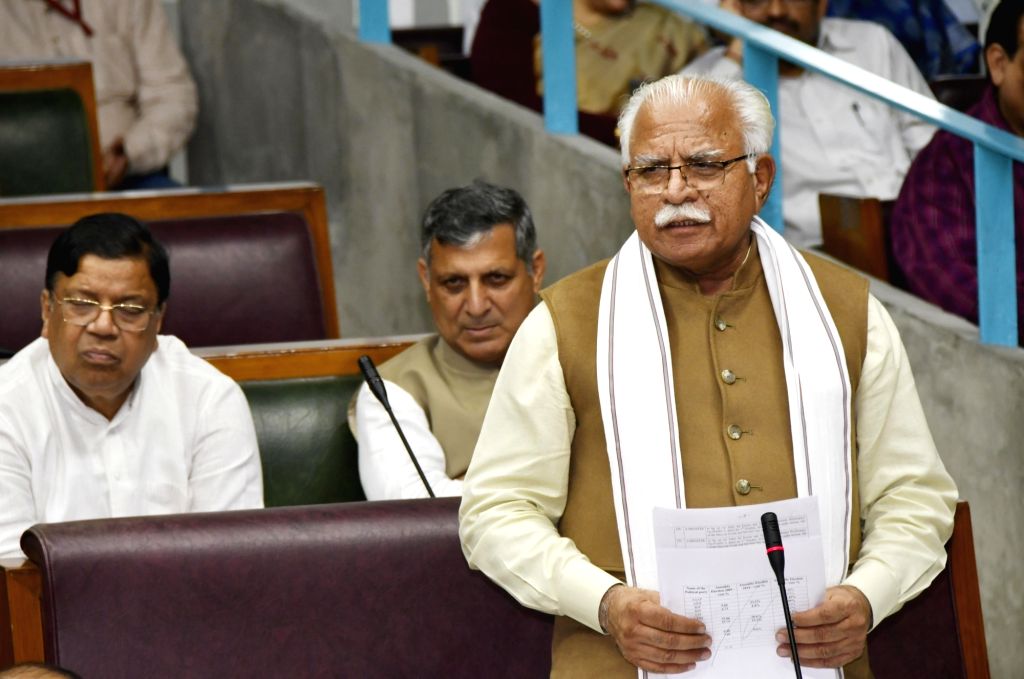Haryana Assembly Passes Bills to Update Municipal Laws and Repeal Industrial Dispute Act
Chandigarh: The Haryana Vidhan Sabha today passed two key bills aimed at modernizing governance and improving service delivery in the state. The Haryana Municipal (Amendment) Bill, 2024, and the Industrial Disputes (Amendment and Miscellaneous Provisions) (Haryana Amendment) Repeal Bill, 2024, were approved on the third day of the ongoing budget session.
The Municipal Amendment Bill seeks to amend the Haryana Municipal Act, 1973, by introducing common service rules for all categories of employees across municipal bodies. This includes Municipal Corporations, Municipal Councils, and Municipal Committees. Currently, employees in different tiers operate under varying service regulations, leading to inconsistencies and inefficiencies.
The government believes this amendment will standardize service conditions, improve employee utilization based on skills and experience, and ultimately enhance the quality of municipal services provided to citizens. The move follows the 1994 creation of Municipal Corporations in large towns like Faridabad, which previously fell under the Faridabad Complex Administration.
The second bill, the Industrial Disputes Repeal Bill, aims to abolish the Industrial Disputes (Amendment and Miscellaneous Provisions) (Haryana Amendment) Act, 1957. This action signifies the government’s intention to overhaul the state’s industrial dispute resolution mechanisms, although the specific changes envisioned are yet to be detailed.
The passage of these bills highlights the Haryana government’s commitment to updating and modernizing existing laws. The Municipal Amendment Bill is expected to streamline administration and improve service delivery in local bodies, while the Repeal Bill signals a shift in the state’s approach to industrial disputes. Both moves are anticipated to have a positive impact on the state’s governance and economic development.

Bullion Trader Duped of Rs 1.6 Crore with Photo of Anupam Kher on Fake Currency
A bullion trader in Gujarat was defrauded of Rs 1.6 crore, according to the city police on Sunday. The incident came to light when the

Gujarat’s Rhea Singha Wins Miss Universe India 2024
Web India News Rhea Singha from Gujarat has been crowned Miss Universe India 2024. The 19-year-old beauty queen will now represent India at the prestigious

Arvind Kejriwal Reaches Out to Public after Resignation, Appeals to People’s Court
New Delhi: After stepping down as Delhi’s Chief Minister, Arvind Kejriwal addressed the public at Jantar Mantar, reiterating his commitment to honesty and transparency. The
Share via:



